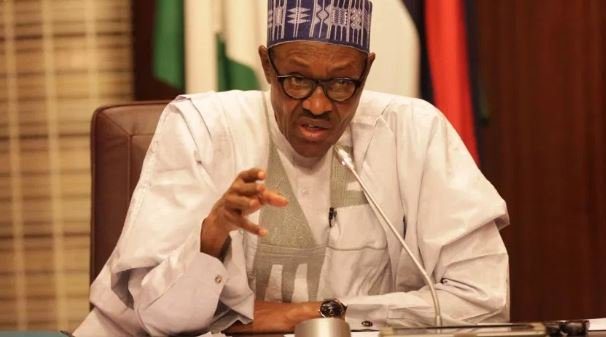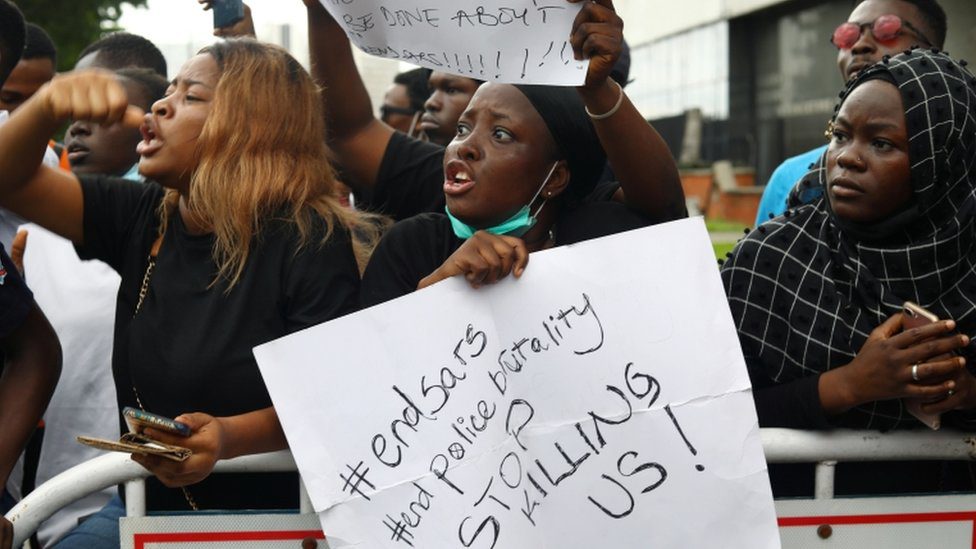Court Faults Buhari On Judges Appointment
A Federal High Court in Abuja has faulted President Muhammadu Buhari for sending the names of 11 lawyers to the Senate for screening as judges of the High Court of the Federal Capital Territory (FCT).
In a judgment on Wednesday, Justice Inyang Ekwo held that the President acted in contravention of the provision of Section 256(2) of the 1999 Constitution when he forwarded the names from the National Judicial Council (NJC) to the Senate.
Justice Ekwo said the only instance where the President can forward NJC’s recommendation to the Senate, in respect of a High Court judge’s appointment, is when it relates to that of the head of the court, like the Chief Judge.
The lawyers are: Abubakar Useni Musa, Edward Okpe, B. Abubakar, M. Francis, Jude Nwabueze, Josephine Enobi, Christopher Opeyemi, Mohammed Idris, Maryam Aliyu, Fashola Adebowale and Hamza Muazu.
The judgment was in a suit marked: FHC/ABJ/CS/733/2020 filed by Oladimeji Ekengba against Buhari, the Attorney-General of the Federation, the Senate, the President of the Senate, the Clerk of the Senate, the Chief Justice of Nigeria and the NJC.
Justice Ekwo said: “The issue is straightforward. It is whether the first defendant (the President of the Federal Republic of Nigeria) acted in compliance with the provision of Section 256(2) of the 1999 Constitution (as amended) to have sent the names of the 11 persons recommended for appointment as judges of the High Court of the FCT, Abuja to the Senate for confirmation.
“Looking at the provision of Section 256(2) of the 1999 Constitution (as amended), I find that there is no power or authority, express or implied, given to the first defendant (the President of the Federal Republic of Nigeria) to send names of persons recommended to him for appointment as judges to the Senate for screening.

“All that the first defendant needed to do was to send the names of the appointees to the seventh defendant (the NJC).
Read Also: My Husband Harasses Me With His Concubines Woman Tells Court
The requirement for confirmation by the Senate would only have been necessary and constitutional if the seventh defendant recommended a person to the first defendant for appointment as the Chief Judge of the High Court of the Federal Capital Territory, Abuja as provided for in Section 256(1) of the 1999 Constitution (as amended).
“To state it clearly, the act of the first defendant, the President of the Federal Republic of Nigeria) sending the names of the 11 persons appointed by him to the Senate for confirmation was done in contravention of the provision of Section 256(2) of the 1999 Constitution (as amended).”
Justice Ekwo proceeded to grant two of the reliefs sought by Ekengba . One is a declaration that, by the provision of Section 256(2) of the Constitution, the President “cannot abdicate his duties and responsibilities to the Senate for appointment of persons as judges of the High Court of the Federal Capital Territory.”
The judge equally declared that the names of the individuals nominated by the NJC for the appointment cannot be subjected to the screening and confirmation.
He held that forwarding of the names to the Senate was contrary to and in breach of Section 256(2) of the Constitution.

He added: “As can be seen, this judgment affects only the act of forwarding the names of the appointees to the Senate, which was done in contravention of the provision of Section 256(2) of the 1999 Constitution (as amended). It does not affect the swearing in of the appointees.”
Reference




